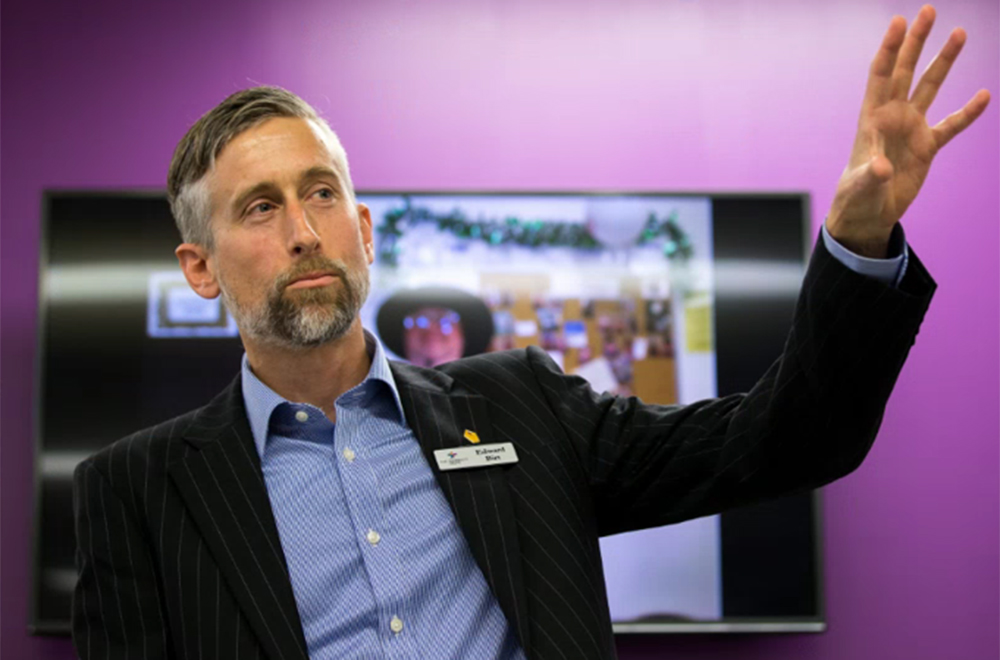There are many career options for people in the disability sector however general lack of awareness for these job opportunities in the community was outrageous, according to The Disability Trust chief operating officer, Edward Birt.
Speaking at the recent Delivering Disability Services Conference in Sydney, Birt described the disability work place as a “jobseekers paradise” but the sector needed to generate more interest in the media as to how interesting these jobs can be. “Imagine if there were 70,000 jobs available in the military or mining industries, the Prime Minister would be there in an instant with a hard hat on.”
He said disability careers offers workers great choice where they can pick and choose where they want to work, who they work with and different shift options. “We need to get people thinking that disability is a good career choice. We are seeing a lot of people coming from the corporate world, NFPs, IT, wanting to participate in the sector.”
There is also strong demand for behavior support practitioners and other clinical roles yet there was no clear professional and career development pathway for a lot of these therapeutic type roles. “This worries me because I know many occupational therapists, for example, are not thinking about disability or wanting to work in that space, where there may be a great career for them.”
Birt acknowledges that while workforce demands are profound there is a lot of untapped potential within this dynamic and innovative sector which is grappling with changes that he believed will take another decade to sort out.
“Inconsistency exists in all states and regions and many people lack experience and skills at multiple levels. In the disability sector it is experience that makes it happen and regional areas are especially affected. Burn-out and fatigue with the pace of change is also having an effect.”
Responding to a question from the floor about high risk, complex clients, many of whom are homeless, Birt suggested keeping politicians informed as an important port of call and then to work back through the National Disability Insurance Agency (NDIA). “While I see a lot of inconsistency in the NDIA, with every planner and jurisdiction being slightly different, it is important to have a level playing field when it comes to accessing services, where services are clearly defined and people know what to expect.”
Another issue raised was the need to be solutions focused and clear with the fact that many politicians could not be expected to have their head around all the complexities of the NDIS implementation. “Children are falling through the gaps. We need to work collaboratively to ensure support for every child, across the board, there are no overarching disability options any more. The minister said no child would be worse off under the NDIS, unfortunately many are,” was a comment from another attendee.
“We all need to support the NDIS because fundamentally it is an impressive, exciting and a philosophically sound scheme but the implementation is not where it needs to be just yet,” Birt said.
Comment below to have your say on this story.
If you have a news story or tip-off, get in touch with Freedom2live’s managing online editor Kymberly Martin at kymberly@intermedia.com.au
Sign up to Freedom2Live’s newsletter.

